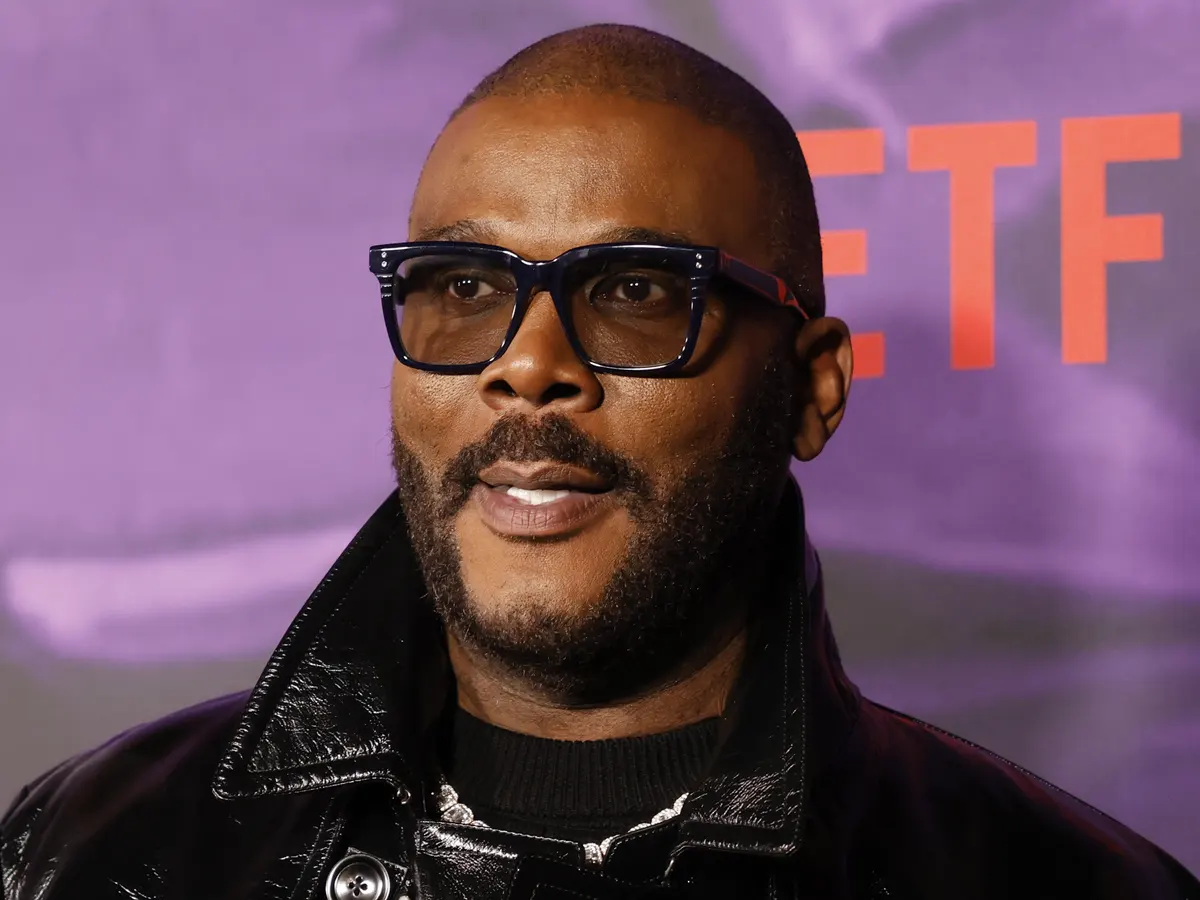Filmmaker Tyler Perry had ambitious plans to expand his Atlanta studios with a project estimated to cost around $800 million. However, his aspirations hit a roadblock with the recent introduction of OpenAI’s Sora tool.
Initially intending to add 12 new soundstages to his studio backlot, Perry’s plans are now indefinitely on hold due to the disruptive potential of Sora. The unveiling of this AI technology, capable of generating visually complex shots, has left Perry both intrigued and concerned.
While Perry recognizes the potential cost-saving benefits that Sora could offer to productions, he also harbors concerns about its impact on jobs within the industry. He acknowledges the likelihood of AI technology reducing the need for certain roles traditionally filled by actors, technicians, and other crew members.
Despite incorporating AI into two upcoming films, Perry remains cautious about fully embracing its widespread use in his projects. He emphasizes the importance of maintaining a balance between business interests and the well-being of industry professionals who rely on traditional filmmaking methods for their livelihoods.
Perry’s cautious stance reflects broader anxieties surrounding the increasing integration of AI across various sectors. He advocates for vigilance and suggests that legislative measures may be necessary to ensure a fair and equitable transition to AI integration in filmmaking and other industries.
Ultimately, Perry’s concerns highlight the need for careful consideration of the implications of AI technology on employment and the welfare of workers in the entertainment industry and beyond.















































